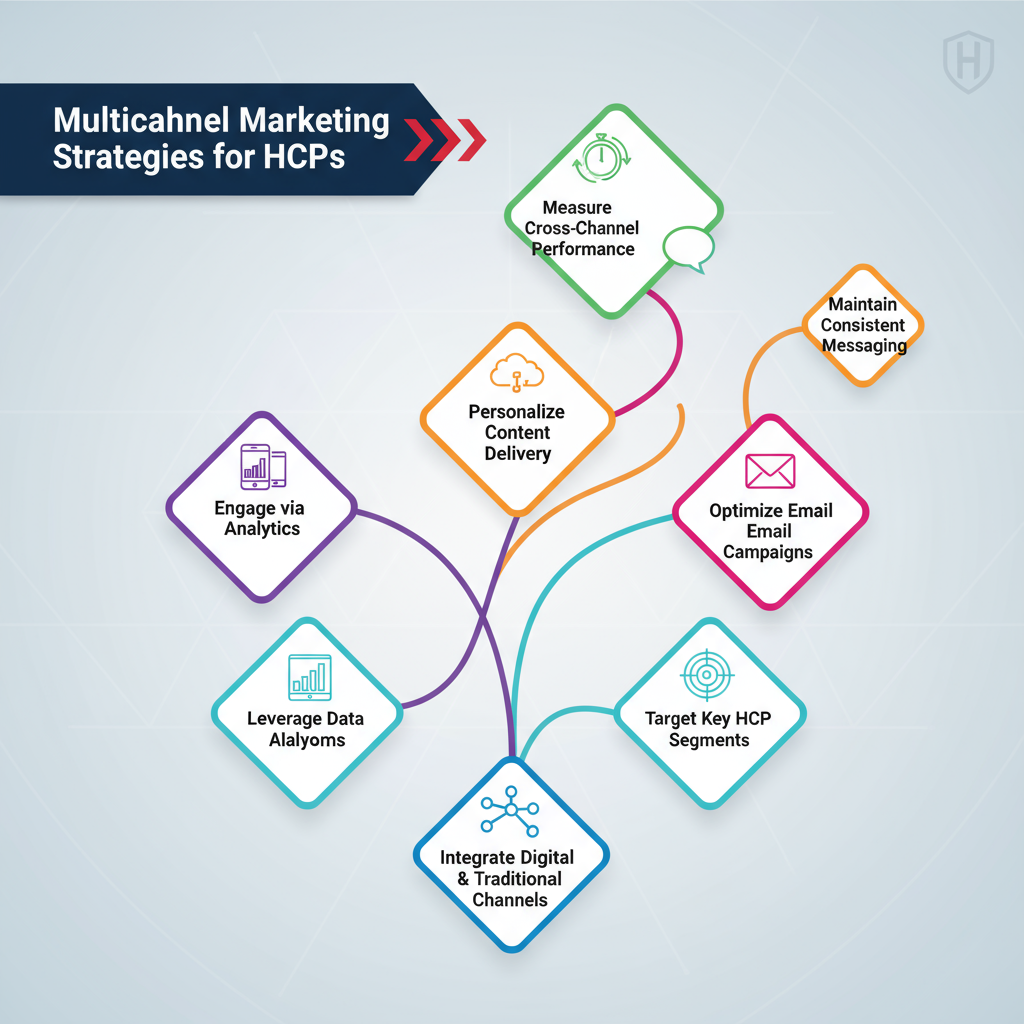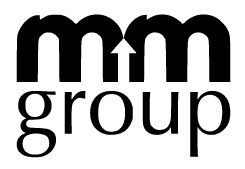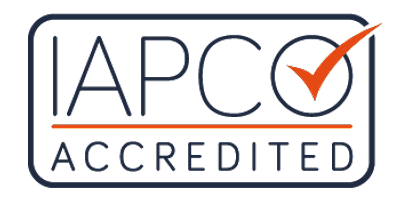Back to Blog
HCP Marketing
Featured
Data-Driven Insights for Effective HCP Targeting
Leveraging advanced analytics and behavioral data to identify and reach the right healthcare professionals with precision and relevance.

Data-Driven Insights for Effective HCP Targeting
Advanced analytics and strategic data utilization to identify, understand, and engage healthcare professionals with precision, relevance, and respect for their professional time and expertise.
The Evolution Beyond Broad-Based Engagement
Traditional pharmaceutical marketing approaches that treated all healthcare professionals as a homogeneous group are giving way to sophisticated, data-driven strategies that recognize the unique characteristics, preferences, and professional needs of individual practitioners. This transformation enables more meaningful interactions and improved outcomes for both pharmaceutical companies and healthcare professionals.
The shift toward precision targeting reflects broader changes in how healthcare professionals consume information and make clinical decisions. Modern practitioners expect personalized, relevant communications that respect their expertise and provide genuine value to their clinical practice.
Understanding Professional Behavior Patterns
Effective targeting begins with comprehensive analysis of healthcare professional behavior across multiple dimensions. Prescription patterns reveal therapeutic preferences and clinical decision-making approaches, while continuing education participation indicates learning preferences and professional development priorities.
Digital engagement behaviors provide insights into content consumption preferences, optimal communication timing, and preferred channels for professional information. By analyzing these behavioral patterns, pharmaceutical companies can develop more effective engagement strategies that align with how healthcare professionals actually work and learn.
Creating Meaningful Professional Segments
Advanced analytics enable the creation of professional segments that go far beyond traditional demographics. Behavioral segmentation identifies groups based on engagement preferences, learning styles, and clinical practice patterns. Value-based segmentation aligns outreach strategies with individual professional development goals and patient care priorities.
These sophisticated segmentation approaches recognize that a recently graduated physician in an urban practice has different information needs and communication preferences than a veteran specialist in a rural setting. Effective targeting strategies account for these differences while maintaining consistent quality and professionalism across all interactions.
Predictive Analytics for Engagement Optimization
Machine learning algorithms can predict which healthcare professionals are most likely to be interested in specific therapeutic areas, educational content, or clinical research opportunities. These predictive models optimize resource allocation by focusing efforts on professionals most likely to benefit from and engage with specific communications.
Behavioral prediction models also help identify optimal timing for outreach, preferred communication channels, and content formats that resonate with individual professionals. This predictive capability enables more efficient, more effective engagement strategies that respect healthcare professionals' time constraints and information preferences.
Ethical Data Utilization and Privacy Protection
Effective data-driven targeting must be built on a foundation of ethical data use and robust privacy protection. Transparent data collection practices clearly communicate how healthcare professional information is gathered and utilized, while consent management systems enable professionals to control their communication preferences.
Regulatory compliance ensures all data utilization practices meet pharmaceutical industry guidelines and ethical standards. The goal is to use data insights to provide greater value to healthcare professionals, not to manipulate or overwhelm them with unwanted communications.
Measuring Engagement Quality and Professional Value
Success in data-driven targeting extends beyond traditional metrics like open rates or click-through rates. Quality engagement measures focus on whether communications provide genuine professional value, support clinical decision-making, or contribute to ongoing professional development.
Long-term relationship metrics assess the overall quality and sustainability of pharmaceutical-healthcare professional relationships. The most successful targeting strategies are those that consistently provide value to healthcare professionals while achieving legitimate business objectives.
"Data-driven targeting succeeds when it serves healthcare professionals' genuine needs and preferences, transforming pharmaceutical marketing from interruption to valuable professional resource."
The future of healthcare professional engagement lies in using data insights to create more meaningful, more respectful, and more valuable professional relationships that ultimately support better patient care and improved health outcomes.










.jpg)